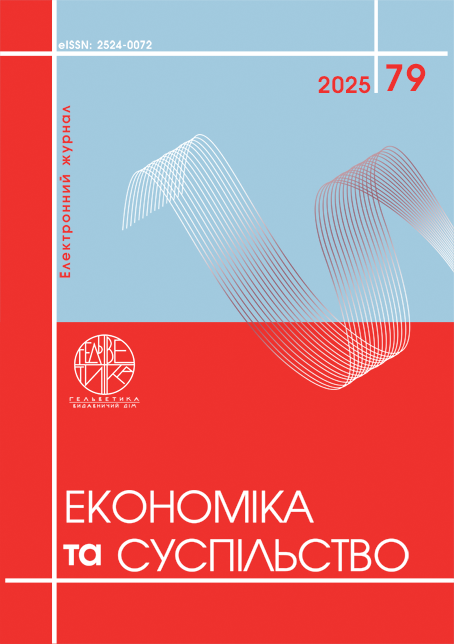СМАРТ-ІМПЕРАТИВИ СОЦІАЛЬНОЇ АКТИВНОСТІ МІЖНАРОДНИХ НЕУРЯДОВИХ ОРГАНІЗАЦІЙ
Анотація
У статті досліджено смарт-імперативи соціальної активності міжнародних неурядових організацій як науково-обґрунтовані оптимальні стратегії їх розвитку на основі соціальних інновацій та новаторського досвіду. Розкрито сутність наукової дефініції «міжнародні неурядові організації». На основі PESTLE-аналізу розглянуто чинники впливу на соціальну активність міжнародних неурядових організацій. Визначено фактори посилення їх стабілізуючої ролі у системі міжнародних відносин. Узагальнено передовий досвід цих організацій у реалізації глобальних суспільних викликів. Використання холістичного підходу у дослідженні матриці PESTLE-аналізу соціальної активності міжнародних неурядових організацій доводить необхідність реформування і модернізації їх діяльності у напрямку правової регламентації статусу, санкційних і стимулятивних процедур, часткового делегування їм окремих функцій державних органів.


